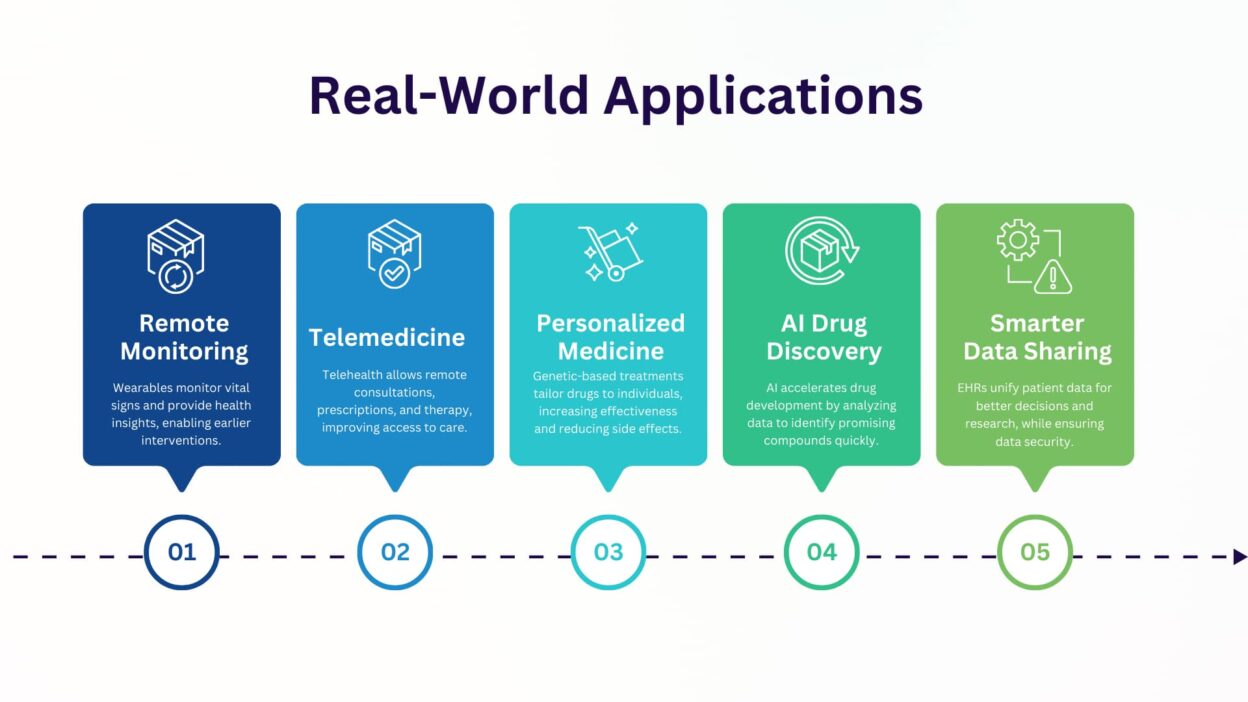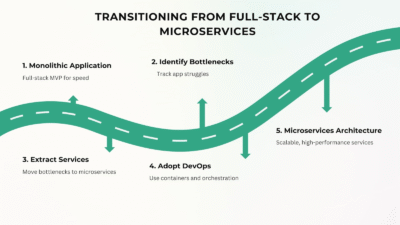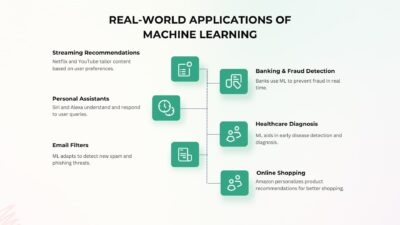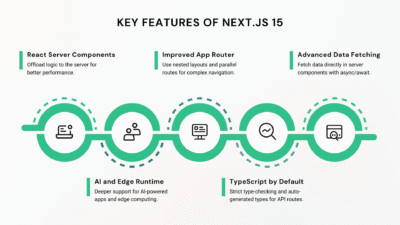Healthcare is in the midst of one of the most groundbreaking shifts in history. Powered by digital health technologies and biotechnology innovations, the way we prevent, diagnose, and treat illness is being completely reimagined. And it’s not just about futuristic gadgets or lab discoveries,it’s about making healthcare more personalized, accessible, and effective for everyone.
In this article, we’ll explore how these two fields are reshaping modern medicine, the real-world impact they’re already having, and what this means for the future of patient care.
What Is Digital Health?
Digital health is an umbrella term for technologies that use data, software, and connected tools to improve healthcare. From fitness apps to AI-powered diagnostics, the goal is to make healthcare smarter, faster, and more patient-centered.
Key examples include:
-
Virtual consultations through video platforms
-
Health-tracking apps for fitness, diet, or symptoms
-
Electronic health records (EHRs) that centralize patient information
-
AI-driven diagnostics for early disease detection
By bridging the gap between patients and providers, digital health expands access to care and makes it possible to manage health anytime, anywhere.
Biotechnology: The Science Behind Breakthrough Treatments
If digital health improves how care is delivered, biotechnology transforms the treatments themselves. Biotech leverages living systems, cells, and genetics to create therapies that go beyond treating symptoms—they target diseases at the source.
Some of the most promising areas include:
-
Gene therapy for inherited conditions
-
Immunotherapy for advanced cancers
-
Regenerative medicine, including lab-grown organs and tissue repair
-
DNA-based personalized medicine
In essence, biotech is redefining what’s possible in medicine by tackling illnesses at the molecular level.
Where Digital Health Meets Biotech
The real magic happens when these two fields converge. Imagine wearable devices that continuously track patient health data, combined with biotech tools that use this data to design highly targeted treatments. Or AI systems that process genetic information at scale, giving doctors unprecedented insight into disease patterns.
Together, digital health and biotech are paving the way for smarter, more precise, and more proactive healthcare.
Real-World Applications
1. Remote Monitoring & Chronic Disease Care
Wearables like Apple Watch and Fitbit now go far beyond fitness tracking. They monitor vital signs, detect irregular heart rhythms, and provide continuous health insights. For patients with conditions like diabetes or cardiovascular disease, this means earlier interventions and fewer emergencies.
2. Telemedicine & Better Access to Care
Telehealth has turned waiting rooms into video calls. Patients can consult doctors, renew prescriptions, or get therapy sessions from anywhere. This is especially impactful for rural communities, elderly patients, or anyone with limited mobility.
3. Personalized Medicine Through Genetics
Biotech is unlocking treatments tailored to an individual’s DNA. Instead of generic therapies, doctors can now prescribe drugs more likely to be effective with fewer side effects. This precision medicine is quickly becoming the standard in oncology and beyond.
4. AI-Powered Drug Discovery
Developing new drugs once took decades. Today, AI can sift through enormous datasets of molecular structures and clinical records to pinpoint promising compounds in record time. During the COVID-19 pandemic, this acceleration led to new therapies reaching trials faster than ever.
5. Smarter Data Sharing with EHRs
Electronic health records are eliminating the endless paperwork loop. Doctors, labs, and pharmacies now share a unified view of patient history, enabling better decisions and smoother treatment. For researchers, anonymized datasets from EHRs also fuel biotech discoveries while keeping patient data secure.
Final Thoughts
Digital health and biotechnology aren’t just reshaping medicine—they’re redefining what it means to stay healthy. From real-time monitoring devices to DNA-driven treatments, these innovations are bringing healthcare closer, faster, and more personal than ever before.
The future won’t be about one-size-fits-all solutions. Instead, it will be about predictive, preventative, and personalized care designed for each individual. As digital health platforms make access easier and biotech breakthroughs tackle diseases at their roots, we’re stepping into a new era where science and technology truly serve humanity.
The transformation has already begun—and it’s only the beginning.




